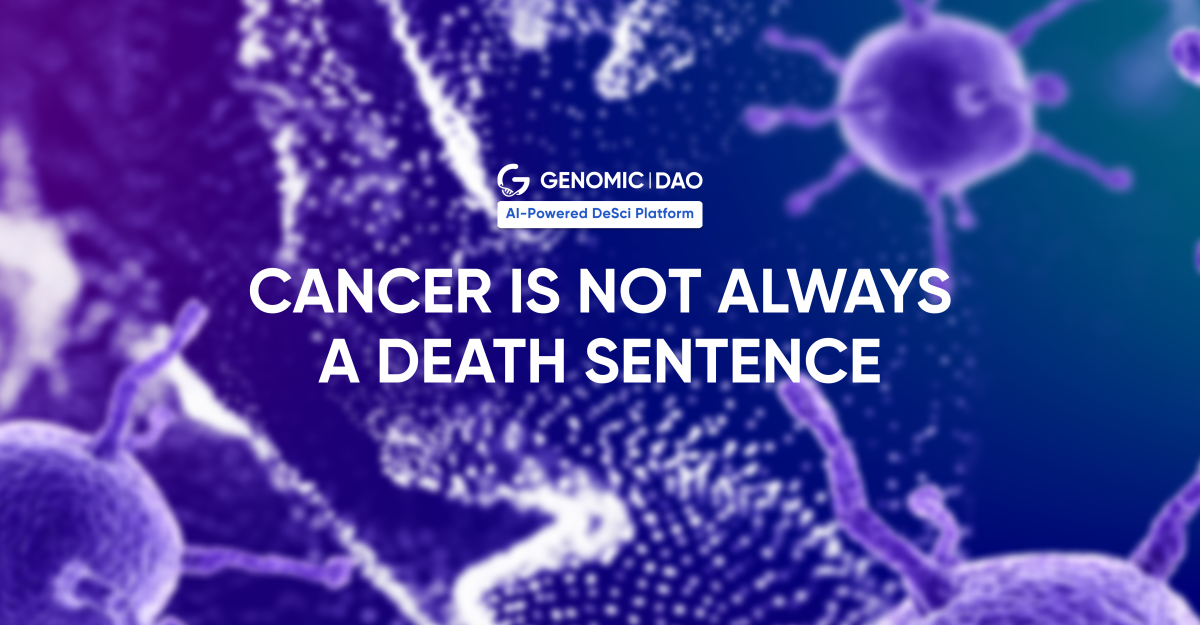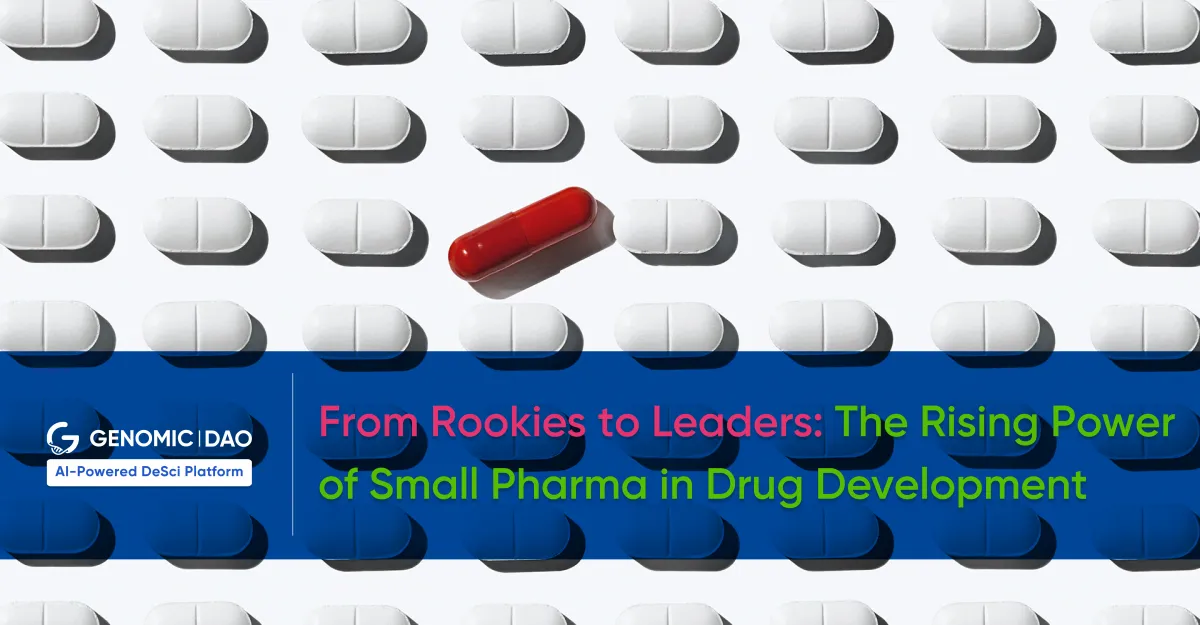
Medicine has made significant progress in just a few decades. With better technology and more research, we have more knowledge about the human body than ever before. One of the most significant developments in medicine is the recognition that each of us is unique and that treatments & prevention shouldn’t be one size fits all. Precision medicine, or personalized treatment & prevention, is a new approach to healthcare that recognizes this and is changing the way we’re treating and preventing diseases.
Disease Prevention & Treatment are not one-size-fits-all
What is a typical routine when someone needs to go to the hospital for health reasons?
You go through a series of tests, and check-ups and receive a diagnosis and a prescription from your doctor. You take the medications as prescribed to treat the health issues.
However, systematic reviews of hospital charts found that even properly prescribed drugs (aside from misprescribing, overdosing, or self-prescribing) cause about 1.9 million hospitalizations a year (1). Another 840,000 hospitalized patients are given drugs that cause serious adverse reactions for a total of 2.74 million serious adverse drug reactions. About 128,000 people die from drugs prescribed to them (2). This makes prescription drugs a major health risk, ranking 4th with stroke as a leading cause of death (3).
This is due to the fact that traditional medicine takes on the one-size-fits-all approach, which often assumes that all patients with the same diagnosis need the same treatment without considering a patient’s medical history, lifestyle, and environmental factors.
Different Genes, Different Reactions
Every person’s genetic makeup is unique, and this uniqueness can have a significant impact on how their body responds to drugs. The impact can be seen in many different ways, such as how fast or slow a drug is broken down and eliminated from the body, whether some people might need more or less of the same drug to get the same effect, or whether a medication will work effectively or cause side effects.
There have been numerous examples of negative real-world clinical consequences.
One example is the usage of Clopidogrel (Plavix), a common first-line medication used to prevent heart attacks and strokes. Research has found that, due to genetic differences, individuals of East Asian descent have a higher risk of heart attacks or strokes when they take Plavix.
Researchers discovered an enzyme called cytochrome P450 form 2D6, which can affect how fast the body gets rid of a drug. If someone has too much of this enzyme, their body will get rid of a drug too quickly, and a higher dose of the drug is needed for it to work. If someone has too little of the enzyme, the drug will leave the body slowly, and less of the drug is needed. This enzyme is not present in 7% of people, which can make a big difference in how they respond to many medications (4).
Personalized Medicine
Understanding how a person’s genetic makeup affects their response to drugs has led to the development of personalized medicine, also known as precision medicine. This approach to healthcare takes into account a person’s unique genetic makeup to develop personalized treatment plans that are tailored to the individual.
By analyzing a person’s genetic makeup, doctors can identify the drugs and dosages that are most likely to be effective and have the fewest side effects. This can lead to more successful treatment outcomes and improved quality of life for patients.
Advantages of Precision Medicine
One of the best things about precision medicine is that it allows doctors to develop personalized treatment plans, which can be a real game changer for patients. In traditional medicine, doctors often have to rely on trial and error to find effective treatments, which can lead to unnecessary treatments and side effects. Precision medicine, on the other hand, takes into account a patient’s unique characteristics to create a plan that is tailored to the individual.
Cancer treatment
Precision medicine is already being used to develop targeted treatments for certain types of cancer, such as breast cancer and lung cancer. Researchers are doing this by identifying specific genetic mutations that are associated with these diseases and then developing treatments that target those mutations while sparing healthy cells.
Cardiovascular disease
Precision medicine is also being used to develop more effective treatments for cardiovascular disease. By analyzing genetic and other data from patients with heart disease, researchers are identifying new targets for treatment and creating personalized treatment plans.
Rare diseases
Precision medicine is particularly promising for the treatment of rare diseases, which often have no effective treatments. Researchers are identifying the specific genetic mutations that cause these diseases and then developing targeted treatments that can improve outcomes for patients with these conditions.
Infectious diseases
Precision medicine is also being used to combat infectious diseases like HIV and tuberculosis. By analyzing the genetic makeup of the pathogens responsible for these diseases, researchers are developing targeted treatments that can eliminate the pathogens more effectively than traditional treatments.
Moreover, precision medicine can also help reduce healthcare costs in the long run. By developing personalized treatment plans, precision medicine can help prevent unnecessary treatments such as surgery or chemotherapy that may not be effective for every patient. Furthermore, precision medicine can also help identify patients who may be at higher risk for certain conditions, allowing doctors to take preventative measures to reduce the likelihood of the condition developing.
References
- 27, J. (2014) New Prescription Drugs: A major health risk with few offsetting advantages, Edmond & Lily Safra Center for Ethics. Available at: https://ethics.harvard.edu/blog/new-prescription-drugs-major-health-risk-few-offsetting-advantages (Accessed: March 8, 2023).
- ECLINM-D-20–00499; EClinicalMedicine, Volume 31, 100693, January 01, 2021, https://doi.org/10.1016/j.eclinm.2020.100693
- ECLINM-D-20–00499; EClinicalMedicine, Volume 31, 100693, January 01, 2021, https://doi.org/10.1016/j.eclinm.2020.100693
- How a body responds to drugs depends on the genes (2000) Los Angeles Times. Los Angeles Times. Available at: https://www.latimes.com/archives/la-xpm-2000-jul-24-he-58036-story.html#:~:text=And%20small%20differences%20in%20genes,people%20and%20not%20in%20others.&text=These%20differences%20also%20are%20the,%2D%2Ddepending%20on%20their%20genes. (Accessed: March 8, 2023).
- Scott M. Weissman, M.S. (no date) Application of genetics and genomics in medicine, Resources. Available at: https://resources.genomemedical.com/genetics-genomics-in-medicine(Accessed: March 7, 2023).






